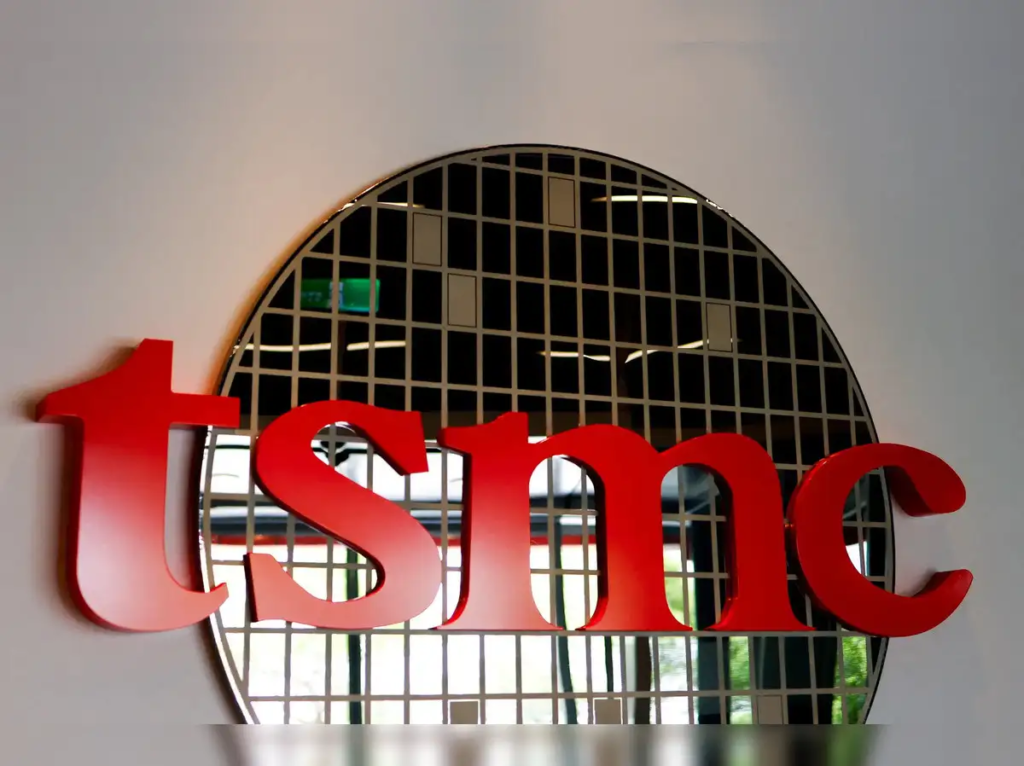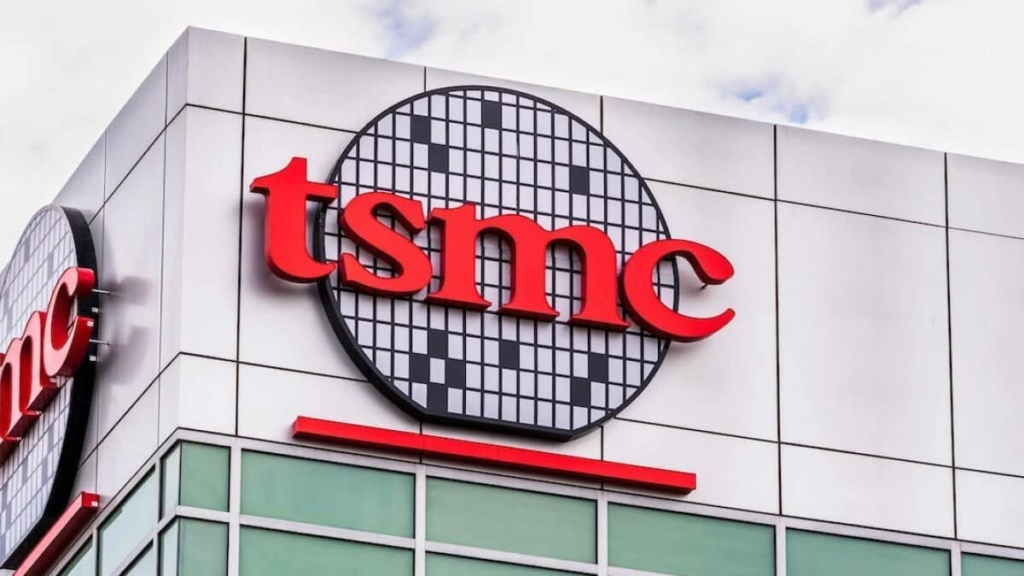In a landmark announcement, Taiwan Semiconductor Manufacturing Company (TSMC), the world’s leading chipmaker, has pledged to invest $100 billion in expanding its semiconductor manufacturing operations in the United States. This massive investment, unveiled on March 3, 2025, at the White House alongside President Donald Trump and TSMC CEO C.C. Wei, marks a significant step toward bolstering America’s position in the global technology race. With plans to build three new chip fabrication plants, two advanced packaging facilities, and a research and development center in Arizona, TSMC’s commitment is set to reshape the U.S. semiconductor industry, create thousands of jobs, and strengthen national security.
A Strategic Move for U.S. Semiconductor Dominance
The United States has long relied on foreign manufacturers, particularly in Asia, for the semiconductors that power everything from smartphones and cars to artificial intelligence (AI) systems and military technologies. TSMC, which produces around 90% of the world’s most advanced chips, has historically kept its cutting-edge manufacturing in Taiwan. However, rising geopolitical tensions, particularly between the U.S. and China, have underscored the risks of this dependency. The Biden administration’s CHIPS and Science Act of 2022, which provided $52.7 billion in subsidies to boost domestic chip production, laid the groundwork for bringing advanced semiconductor manufacturing back to American soil. TSMC’s latest investment builds on this momentum.
This $100 billion pledge adds to TSMC’s existing $65 billion commitment to its Arizona operations, bringing the company’s total U.S. investment to $165 billion. The expansion will double the number of TSMC’s planned factories in Arizona from three to six, making it the largest single foreign direct investment in U.S. history. The new facilities will focus on producing advanced chips, including those using 2-nanometer technology, which are critical for AI, smartphones, and other high-tech applications. According to TSMC’s CEO, C.C. Wei, the Arizona plants will produce “the most powerful AI chips in the world,” a statement echoed by President Trump, who emphasized that this move will bring cutting-edge chipmaking to America.

Economic Impact: Jobs and Growth
One of the most immediate benefits of TSMC’s investment is its potential to create jobs. The company estimates that the expansion will generate 40,000 construction jobs over the next four years and tens of thousands of high-paying, high-tech jobs in chip manufacturing and research. TSMC’s first Arizona factory, which began mass production of 4-nanometer chips in late 2024, already employs over 3,000 workers on its 1,100-acre site in Phoenix. The additional facilities are expected to significantly increase this number, providing a major economic boost to Arizona and the broader U.S. economy.
“Semiconductors are the backbone of the 21st-century economy,” President Trump said during the White House announcement. “Without semiconductors, there is no economy, powering everything from AI to automobiles to advanced manufacturing.” The investment aligns with the Trump administration’s push to strengthen domestic manufacturing and reduce reliance on foreign chip supplies, a priority that resonates with both economic and national security concerns.
The announcement has also drawn praise from industry leaders. Cristiano Amon, CEO of Qualcomm, a key TSMC customer, called the investment “great news” for the U.S. economy. Qualcomm already sources some of its chips from TSMC’s Arizona plant and plans to increase its reliance on U.S.-made semiconductors. Similarly, Apple, one of TSMC’s largest clients, recently announced its own $500 billion investment in U.S. manufacturing, including plans to purchase advanced chips from TSMC’s Arizona facilities. These partnerships highlight the ripple effect of TSMC’s investment, as major tech companies align their supply chains with the growing U.S. semiconductor ecosystem.
National Security and Supply Chain Resilience
The push to bring chip manufacturing to the U.S. is not just about economics—it’s also about national security. The COVID-19 pandemic exposed vulnerabilities in global supply chains, as chip shortages disrupted industries from automotive to consumer electronics, fueling inflation and halting production lines. Taiwan’s dominance in advanced chipmaking, coupled with China’s territorial claims over the island, has raised concerns about the risks of relying on a single region for critical technology components.
TSMC’s investment addresses these concerns by diversifying its manufacturing footprint. By establishing advanced facilities in the U.S., the company reduces the risk of supply chain disruptions caused by geopolitical tensions or natural disasters, such as the 2024 earthquake in Taiwan that temporarily halted chip production. The U.S. government has supported this shift through incentives like the CHIPS Act, which provided TSMC with $6.6 billion in grants to support its Arizona operations. However, President Trump has criticized the act as a “giveaway” to corporations and has instead emphasized tariffs as a tool to encourage domestic investment. Commerce Secretary Howard Lutnick noted that TSMC’s decision to invest in the U.S. was partly motivated by the desire to avoid potential tariffs on imported chips, which could reach 25% as early as April 2025.
Challenges and Criticisms
While TSMC’s investment has been widely celebrated, it is not without challenges. Building advanced chip factories in the U.S. is more expensive than in Taiwan, where TSMC benefits from established infrastructure and lower labor costs. The company’s first Arizona plant faced delays, with production starting later than planned in 2024. Analysts, such as Andrew Tsai of Capital Investment Management Corp, have expressed concerns about the higher costs of U.S. operations, which could impact TSMC’s profitability. Additionally, TSMC’s U.S.-listed shares fell 4% on the day of the announcement, reflecting investor worries about potential tariffs and export restrictions affecting the broader chip industry.

In Taiwan, the investment has sparked debate. Some Taiwanese officials and citizens worry that moving advanced manufacturing to the U.S. could weaken the island’s “silicon shield”—its dominance in chipmaking, which is seen as a deterrent against Chinese aggression. Taiwan’s President Lai Ching-te, speaking alongside TSMC’s CEO on March 6, 2025, defended the investment, arguing that it would benefit both Taiwan and the U.S. by fostering international cooperation and strengthening TSMC’s global competitiveness. “TSMC’s decision is necessary for its future development,” Lai said, denying claims that the move was driven by U.S. political pressure.
There are also questions about the broader impact on the U.S. semiconductor industry, particularly for domestic players like Intel. Reports suggest that the Trump administration has encouraged TSMC to consider taking over Intel’s struggling chipmaking operations, which could reshape the competitive landscape. Intel received nearly $8 billion in CHIPS Act grants but has struggled to keep pace with TSMC and other global leaders. The outcome of these discussions remains uncertain, but they underscore the high stakes of TSMC’s investment.
A Broader Trend of U.S. Investment
TSMC’s announcement is part of a larger wave of tech investments in the U.S. In January 2025, OpenAI, Oracle, and SoftBank announced a $500 billion project to build AI infrastructure, while Apple committed to $500 billion in domestic manufacturing over the next four years. These pledges reflect a growing recognition of the U.S. as a strategic hub for advanced technology, driven by a combination of government incentives, tariff policies, and market opportunities.
However, experts caution that such large-scale investments often face hurdles. Past announcements, like Foxconn’s $10 billion Wisconsin factory in 2017, have fallen short of expectations, raising skepticism about the feasibility of TSMC’s ambitious plans. Daniel Newman, CEO of the Futurum Group, suggested that TSMC’s investment might be tied to tariff exemptions or other incentives, which could help ensure its success. “A substantial commitment from TSMC could serve as a strategic gesture of goodwill,” Newman told TechCrunch, highlighting the complex interplay of policy and business decisions.
Looking Ahead
TSMC’s $100 billion investment marks a pivotal moment for the U.S. semiconductor industry. By bringing advanced chipmaking to Arizona, the company is helping to secure America’s technological future, create jobs, and reduce reliance on foreign suppliers. While challenges remain, including high costs and geopolitical uncertainties, the investment signals confidence in the U.S. as a hub for innovation and manufacturing.
As TSMC expands its footprint, the ripple effects will be felt across industries, from AI and consumer electronics to national defense. For American workers, businesses, and policymakers, this is a moment of opportunity—a chance to reclaim leadership in a critical industry and build a more resilient, prosperous future.
For more details on TSMC’s investment, visit TSMC’s official press release or read about the CHIPS Act’s impact on CNBC.
Must Visit:- U.S. Imposes 25% Tariffs on All Steel and Aluminum Imports: What It Means for America






